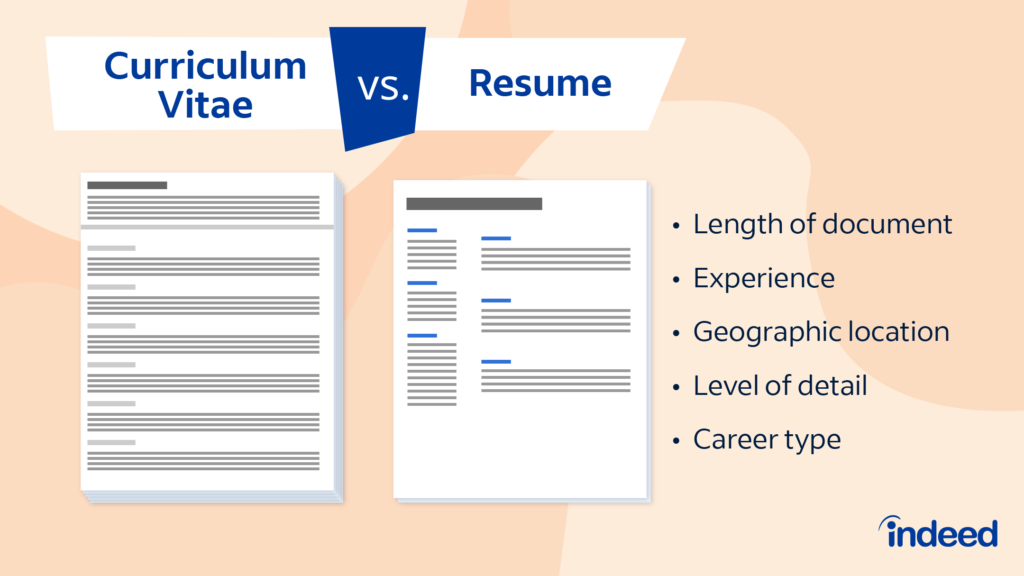Hotel Management Class Notes 46
Understanding the Importance of a Curriculum Vitae (CV)
A Curriculum Vitae (CV) is a comprehensive document that outlines your professional and academic history. Unlike a resume, which is typically a brief summary, a CV provides detailed information about your qualifications, experiences, skills, and achievements. It is commonly used in academic, research, and medical fields, and is essential for job applications, grant proposals, and scholarly pursuits.
Structure of a CV

A well-organized CV typically includes several key sections:
- Contact Information: At the top of the CV, include your full name, phone number, email address, and LinkedIn profile or personal website if applicable. This information makes it easy for potential employers or institutions to reach you.
- Professional Summary or Objective: This section offers a brief overview of your career goals and highlights your key qualifications. Tailor this statement to the specific position or opportunity you are applying for.
- Education: List your academic qualifications in reverse chronological order. Include the name of the institution, degree earned, and dates attended. You may also add relevant coursework, honors, or distinctions.
- Work Experience: This section details your professional history. Include job titles, company names, locations, and dates of employment. For each role, provide bullet points outlining your responsibilities and accomplishments, emphasizing skills relevant to the position you are targeting.
- Research Experience: For academic or research-focused CVs, include details about research projects you’ve been involved in. Specify your role, the institution, and any findings or publications resulting from your work.
- Publications and Presentations: If applicable, list any articles, papers, or presentations you’ve authored or co-authored. Use a standard citation format to ensure clarity.
- Skills: Highlight relevant skills that pertain to the position. This can include technical skills, languages spoken, software proficiency, and soft skills such as leadership and communication.
- Professional Affiliations: Mention memberships in relevant professional organizations or societies, which can demonstrate your engagement in your field.
- Awards and Honors: Include any notable awards, scholarships, or recognitions you have received throughout your career or education.
- References: While not always necessary in a CV, you may choose to list references or simply state that they are available upon request.

